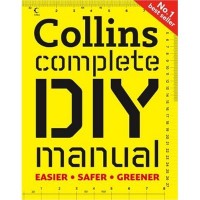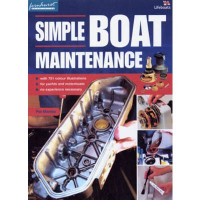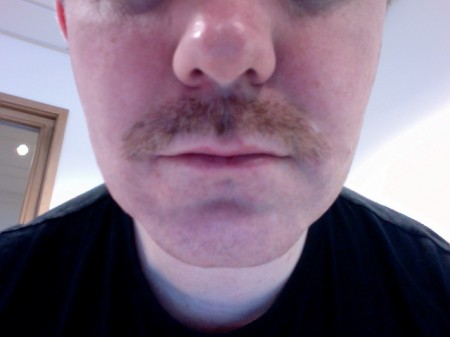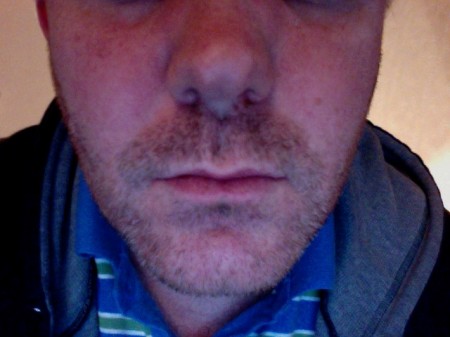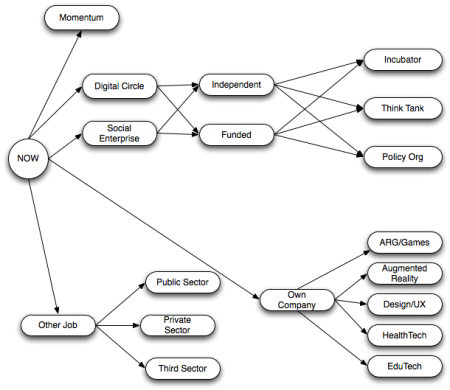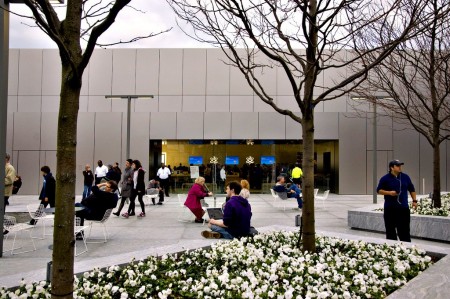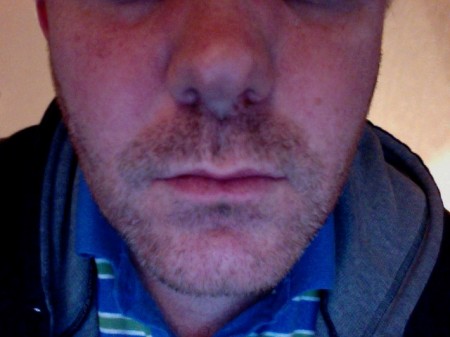There is an expectation that entrepreneurs will just get up and do stuff. That they need nothing more than a whiff of an opportunity and they’re off making millions. What utter rot. I’m reading Ken Robinsons book, The Element. In it (p120), he relates how a young Robert Allen Zimmerman had heard Woody Guthrie songs … Continue reading “One folk legend, two social workers and a poisoning.”
There is an expectation that entrepreneurs will just get up and do stuff. That they need nothing more than a whiff of an opportunity and they’re off making millions.
What utter rot.
I’m reading Ken Robinsons book, The Element. In it (p120), he relates how a young Robert Allen Zimmerman had heard Woody Guthrie songs many times before but it took one afternoon of listening to Guthrie to inspire him to become a performer himself.
If Bob Dylan needed to wait to be inspired, then surely we cannot expect more of anyone else?
I had an environment which should have inspired me to be an entrepreneur early. My father ran his own businesses from when I was four years old until I was thirteen when he was poisoned. He owned a record store, a whole raft of tyre/exhaust fitters, a pub. His passions were always music and beer. His most successful business, however, was the tyre/exhaust fitters. He made a goodly amount of money during the late 70s and early 80s being one of the few local companies who supplied the security forces with tyres and fittings. He got a lot of support from LEDU, the economic development organisation in Northern Ireland at the time. Until he got ‘sick’, we never wanted for anything.
My mother, on the other hand, is a strong-willed, independent woman who has managed rise to the top of any organisation while still maintaining a family (especially after 1985, when my Dad was ‘ill’). She’s made her career in the public sector, in the care of the elderly and infirm and my sister, another strong-willed, independent woman, has followed her in this line of work. They’re both empathic yet objective, both care deeply about the welfare of their clients and both get very frustrated with what they see as poor performance and wasted resource in the NHS. I admire them both.
My mother has described me as stubborn to the point of bloody minded. She says I knew my own mind from an early age and would make decisions about my education, about my future, without consulting either parent – decisions which they would be told about after the fact.
There was no ‘entrepreneur’ class in my school. The idea of starting your own business was not mentioned at all in Rathmore Grammar School. I think they expected all of us to become teachers, doctors, lawyers, vets, scientists and engineers. It’s different for kids now. They have the Go For It Challenge sponsored by InvestNI, there are programmes run in the FE colleges to help students start businesses and within our universities, the commercialisation offices are extremely keen to help smart undergrads and graduates start something.
So, how did I get started?
The first time was in the early nineties when reading a RPG book and thinking, “I could do this.” and so I did. I published three RPG books between 1996 and 2001. And they made money and got good reviews.
In 1997 I was working in Nortel and taking part of their “Management for Achievement” process. I was asked by my manager, Brendan, what I wanted to do in five years. My immediate answer was “Your job” but it got me thinking. And I decided that I’d be running my own IT services company. In 2003, I founded Mac-Sys Ltd. I left Nortel in late 2002 and spent six months with a startup (called Macinni) that was possibly the worst managed company in existence. When it folded, I had thought, “I could do this” and so I did. And it’s made money and gotten good reviews.
To my mind, seeing inferior work was ‘permission’ for me to do something. And I think it’s the same for our young latent entrepreneurs. We need to find ways to give them permission to start something. It’s not about being born with fire in their belly. It’s not about finding a way to give that permission.
After all this, with half a lifetime of experience, I’m not 100% sure what my “Element” is. Arlene says it’s a condition of never being satisfied with what I have. It’s not enough to have the day job. It’s not enough to settle into a routine. She reckons I’ll always be miserable because I’ll always be trying to do one more thing. And yes, it’s exhausting.
I guess I’m still playing the music, I’ve just not heard the music.
